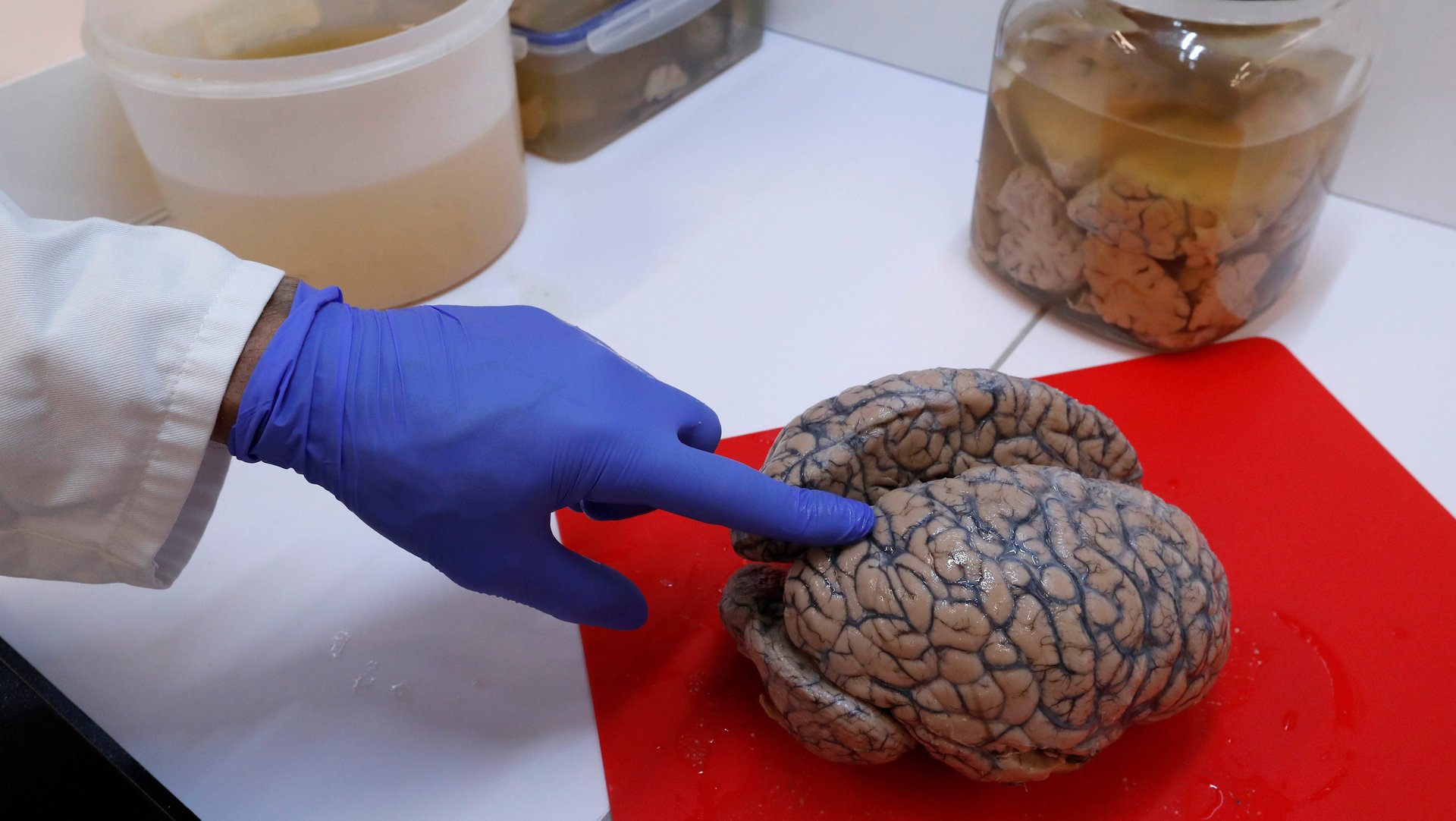The latest brain hack to get ahead in Silicon Valley: flashcards
Eager to keep up with the pace of change, some Silicon Valley researchers are embracing a grade-school technique to enhance their cognition and memory.


Eager to keep up with the pace of change, some Silicon Valley researchers are embracing a grade-school technique to enhance their cognition and memory.
Michael Nielsen, a research fellow at Y Combinator Research, a division of Silicon Valley’s top startup accelerator, took to Twitter last week to explain his approach: flashcards. To comprehend fast changing fields such as machine learning (or ones that escaped him such as the command line for the operating system UNIX), he relies on breaking down new fields into the key bits of information, the smaller the better. Over time, he then arranges these facts and concepts into a hierarchy of knowledge that he eventually commits to memory.
“I’ve memorized about 9,000 cards, over 2 years,” he wrote in a thread making the rounds in Silicon Valley. “The single biggest change is that memory is no longer a haphazard event, to be left to chance. Rather, I can guarantee I will remember something, with minimal effort: it makes memory a _choice_.”
This being Silicon Valley, the “cards” are not paper. They are digital cards created with the software Anki (myriad other systems exist as well). Nielsen suggests breaking down each point he wants to learn into the smallest possible unit of information. By memorizing simple and discrete points, rather than combining multiple points or concepts, he found he could then later then apply them more effectively, such as the example below.
Andrej Karpathy, director of artificial intelligence at Tesla, picked up on Michael’s thread, and writes he is using the same technique to recall facts from books. Others in Silicon Valley joined the Twitter thread to express their enthusiasm. It’s not complicated, but its simplicity works well with the brain’s way of forming memories.
Why flashcards work
Our memory works like a sieve. Most sensory input is discarded. Some makes it into our short term working memory. This information persists for less than a minute before it is either shoved into our memory banks, or forgotten. Only a tiny sliver is saved for later retrieval.
The mechanics of this process are complex, and still open to debate among scientists, but plenty of techniques allow humans to deliberately form long-lasting memories. One of the most effective is known as “spaced repetition.” Researchers have known for centuries (pdf) that practice is better when spaced between longer periods of reflection. That’s the secret behind flashcards’ success. When used properly, flash cards recruit two powerful mechanisms of human memory—repetition and spaced timing of practice—to move information from short term to long term memory.
Nielsen refined his personal technique through trial and error. It’s easy to overdo, Nielsen warns. He says he wasted lots of time “Ankifying” information he didn’t need, and added that notes are sufficent when just working through a problem on paper or in a conversation. But to iron out complex topics in his head, putting a broad swath of concepts at his mental disposal with flashcards was invaluable.
Nielsen even distilled when to break out the technique down to an equation. If the information is likely to require more than five minutes to recall in the future, it goes into his stack of cards. Nielsen claims he can learn something “forever” in the five minutes or so it takes to make a card, and review enough times to commit it to memory. That makes memorization a more efficient use of time for important facts than researching them later. As for what topics get put into his memory? “I use Anki for almost everything,” he writes.
Correction: A previous version of this post misidentified UNIX as a programming language. It is as an operating system.